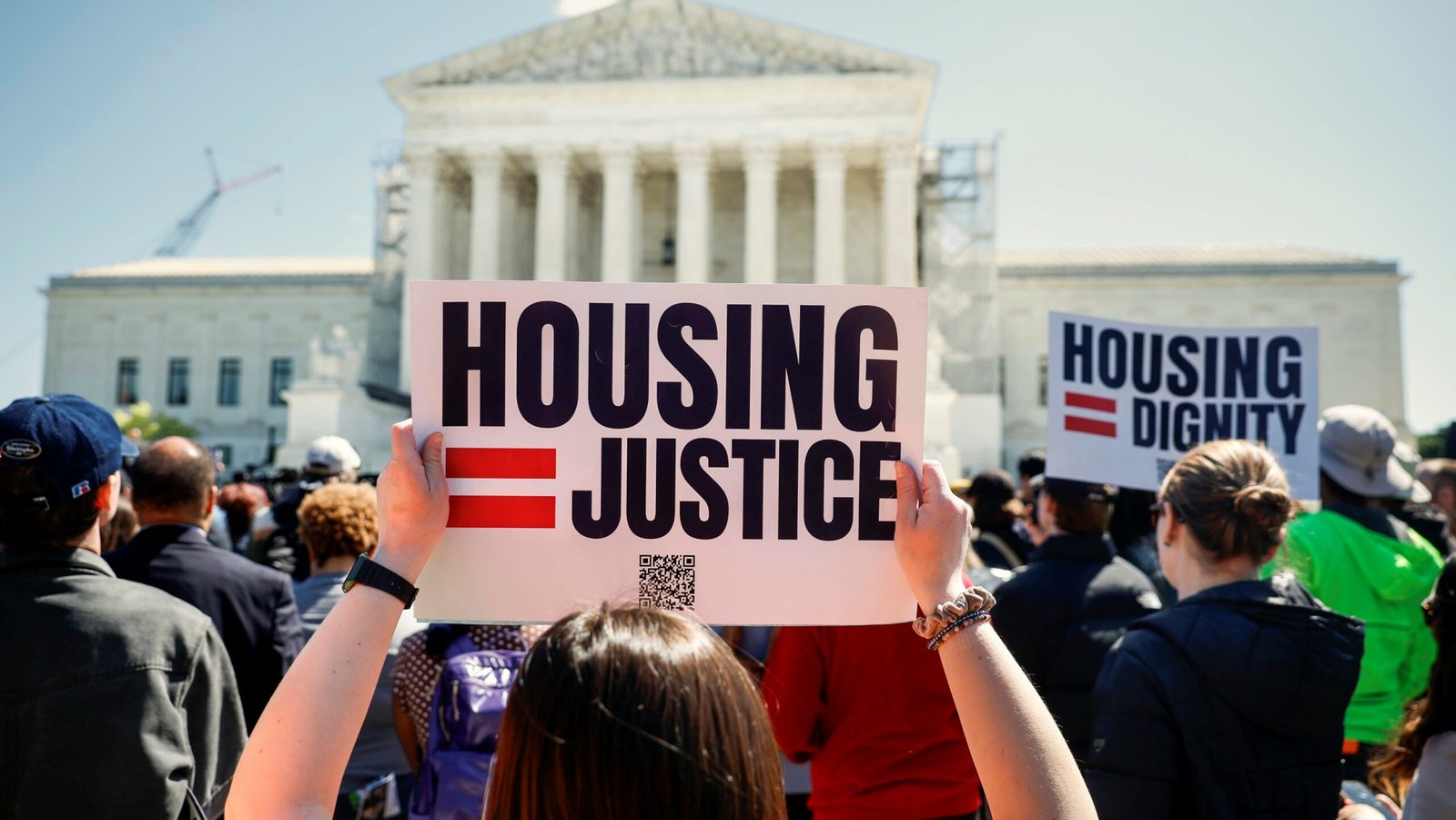arizona
Supreme Court’s Priority on Punishment Over Housing: Arizona Pioneers a New Benchmark

In a landmark 6-3 decision, the U.S. Supreme Court has permitted cities to arrest individuals for sleeping outside, even when no safe shelter options are available. This ruling, from the case of Johnson v. Grants Pass, stands as the most significant case on homelessness in four decades.
The case originated in Grants Pass, Oregon, which faces a severe affordable housing shortage, much like many Arizona cities. Instead of addressing the root causes of homelessness, including the lack of affordable housing, lawmakers are criminalizing those without homes.
An out-of-state special interest group, the Cicero Institute, spreads disinformation about Arizona’s state government funding to tackle the homelessness crisis. In a recent op-ed, the policy director falsely claimed that Arizona spends $1 billion on the housing crisis without results.
These statements are glaringly inaccurate.
Such misleading claims ignore evidence showing that sweeping homeless encampments disrupts homeless individuals’ chances of gaining stability, employment, and housing. The Cicero Institute, a “think tank” founded by Austin tech billionaire Joe Lonsdale, profits from the privatization of prison and parole systems, making it financially beneficial to criminalize homelessness.
The Cicero Institute makes policy recommendations under the pretense of advocating for public needs. It has pushed for lower due process protections to involuntarily commit homeless individuals to state psychiatric institutions, with potential jail time or $5,000 fines for non-compliance. This proposal violates the rights of homeless individuals and skirts the critical issue: the lack of affordable housing.
The broader goal appears to be stripping support from the homeless and diverting funds away from permanent affordable housing solutions.
The solution to homelessness is not arresting and punishing homeless people. My life would not have been helped if I was facing charges for sleeping in my car when I was a student.
Reflecting on the Grants Pass case, one Arizona State University West student recalls being homeless and sleeping in a car. Criminalizing such survival tactics could have permanently derailed that individual’s life.
It’s clear: There is no simple solution to the housing crisis, yet the human stories behind the statistics must not be ignored. Punitive measures against those most affected by the housing market’s inequities are not the answer.
With predatory think tanks and the Supreme Court both jeopardizing the well-being of homeless individuals, urgent action is necessary. Organizations like the Center for Popular Democracy and the Fuerte Arts Movement call for substantial governmental investment in permanent, affordable housing solutions.
Investing in legal assistance for eviction defense and establishing the right to counsel are critical steps. Creating community-owned housing to rival the equity giants controlling the housing market is equally important.
The path to solving homelessness includes making affordable housing available to all who need it. Lawmakers must not heed regressive think tanks like the Cicero Institute, which hinder investment in effective solutions by criminalizing the affected population.
Arizona deserves policymakers who address the real issues, matching housing costs to the cost of living and providing a humane approach to the housing crisis. Enough is enough.


















